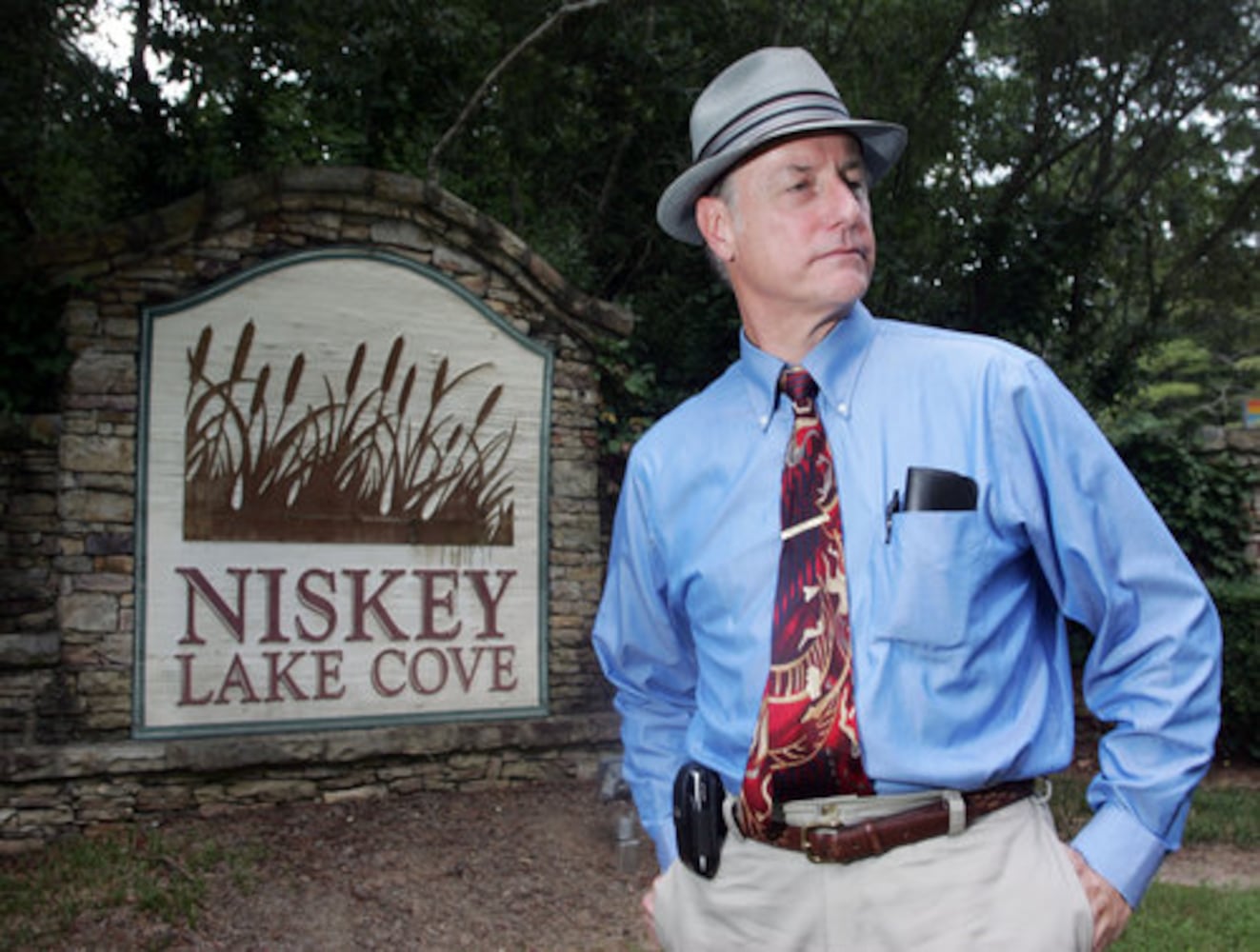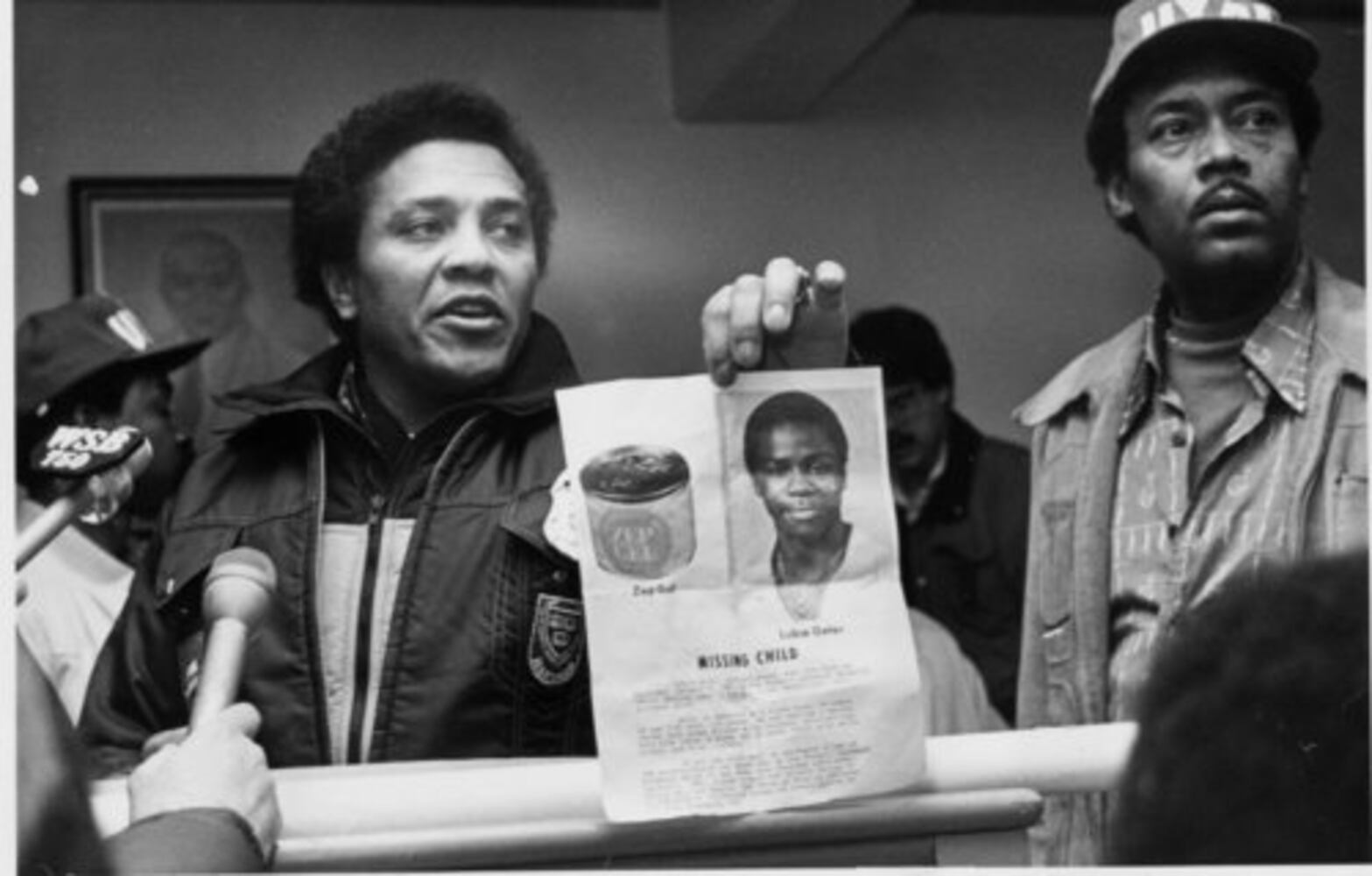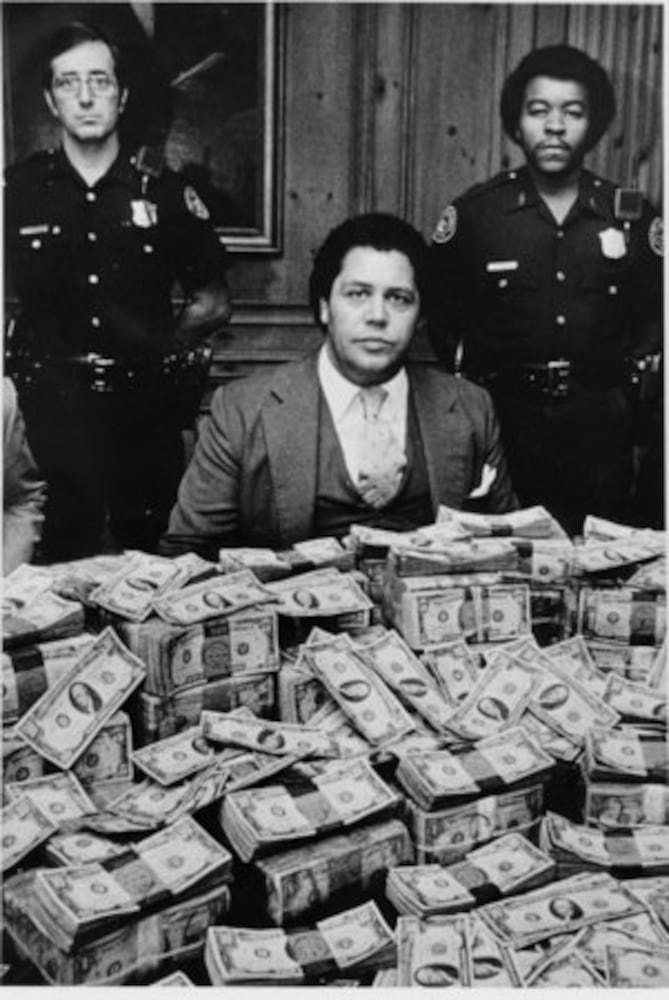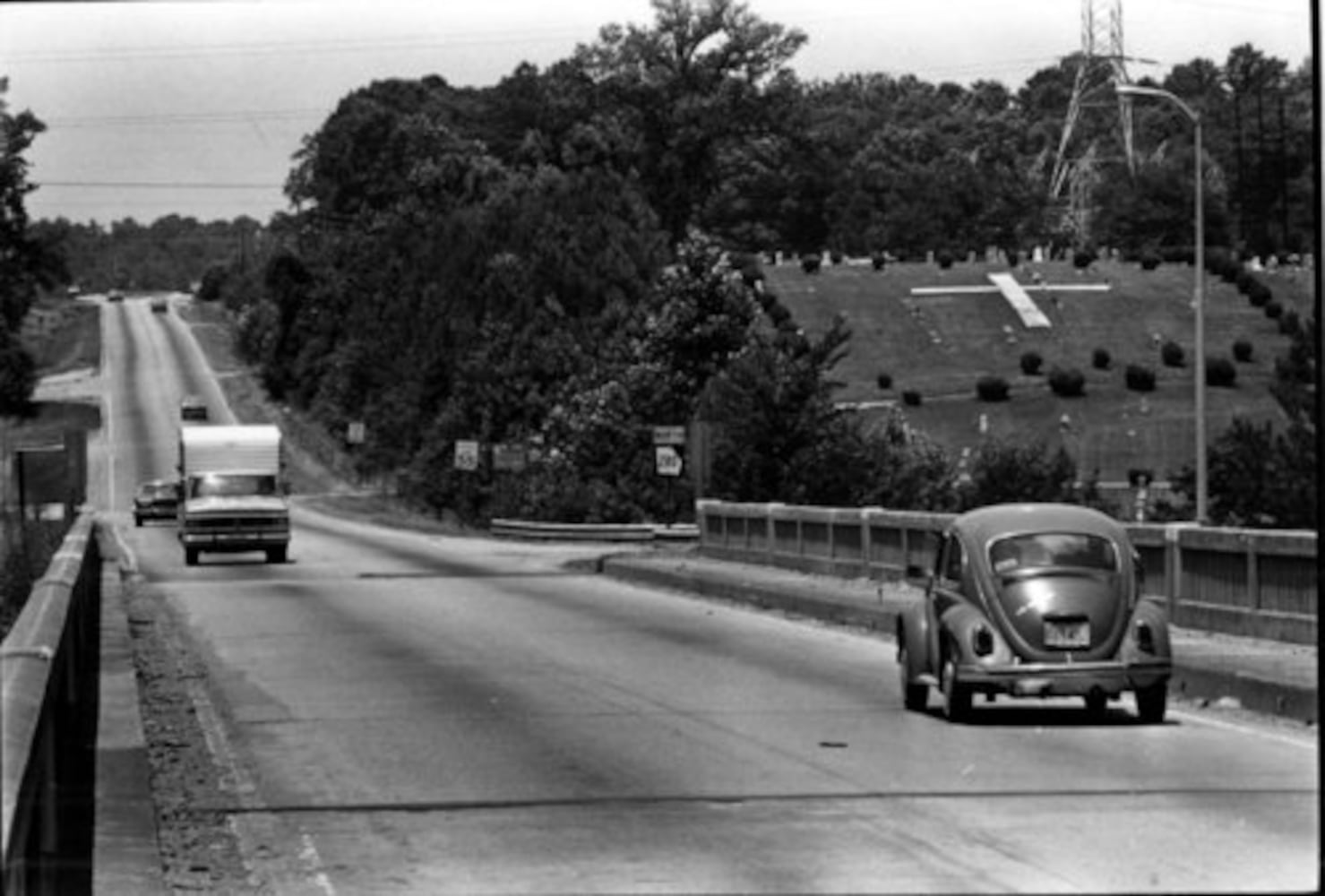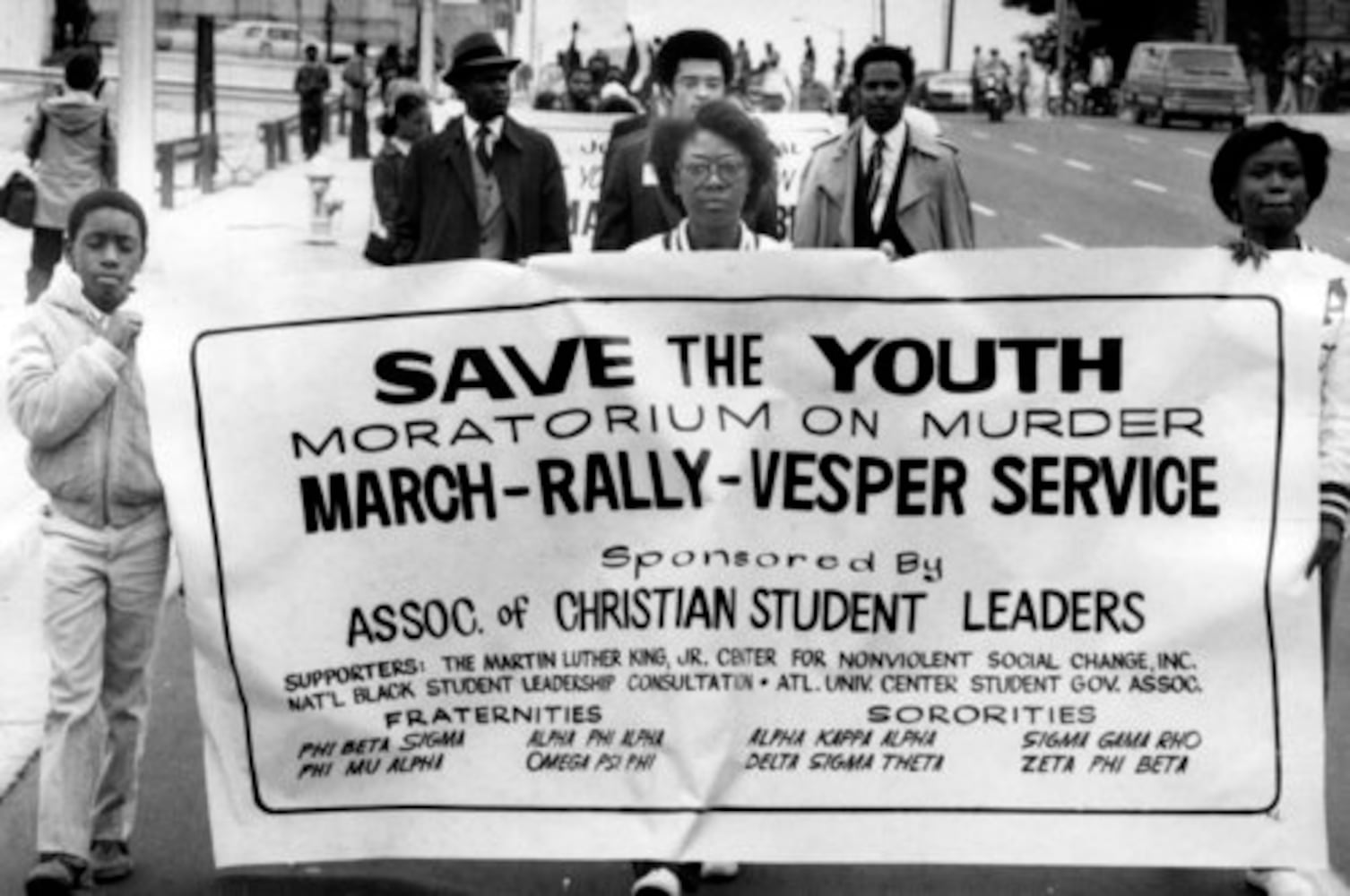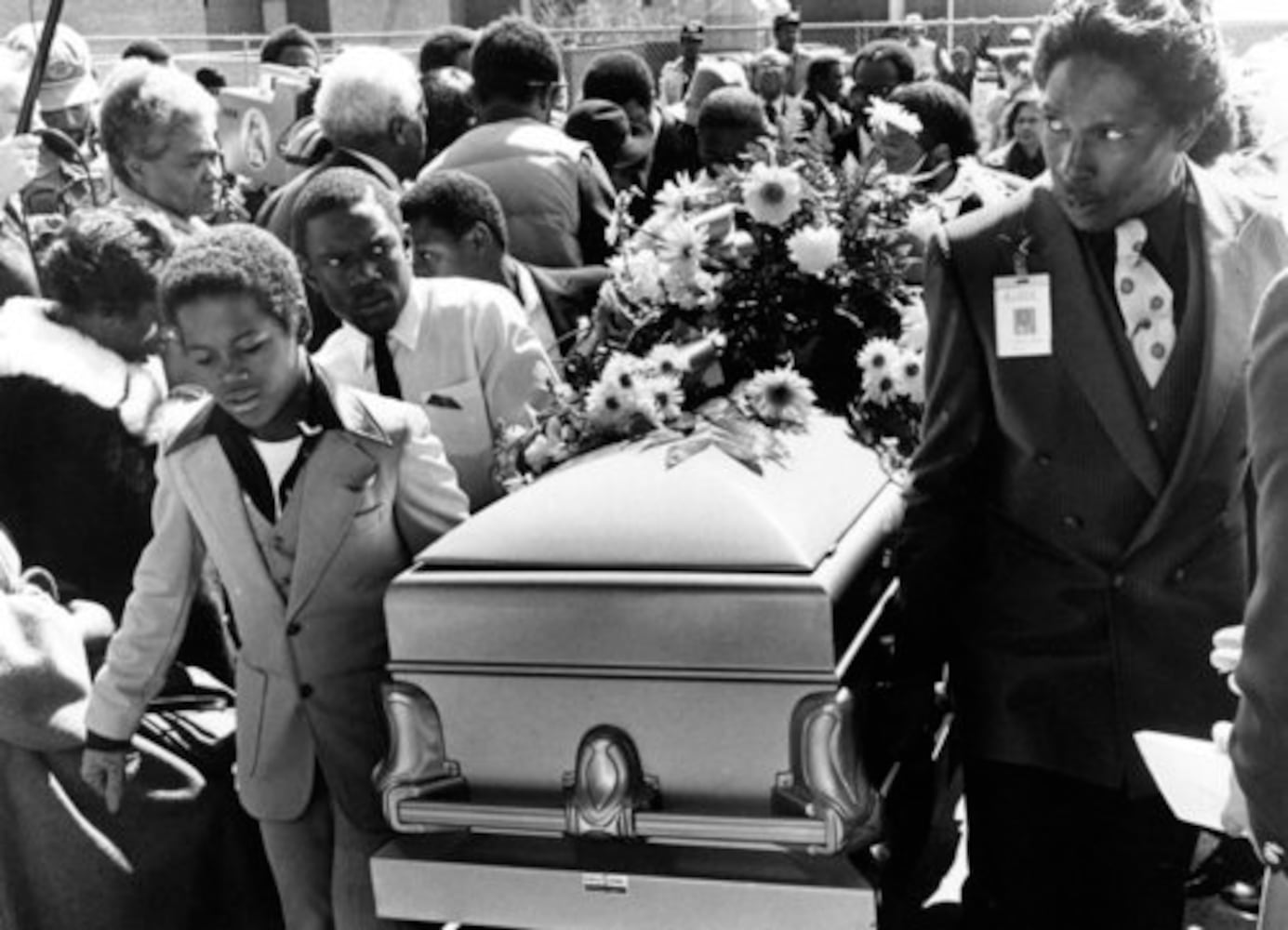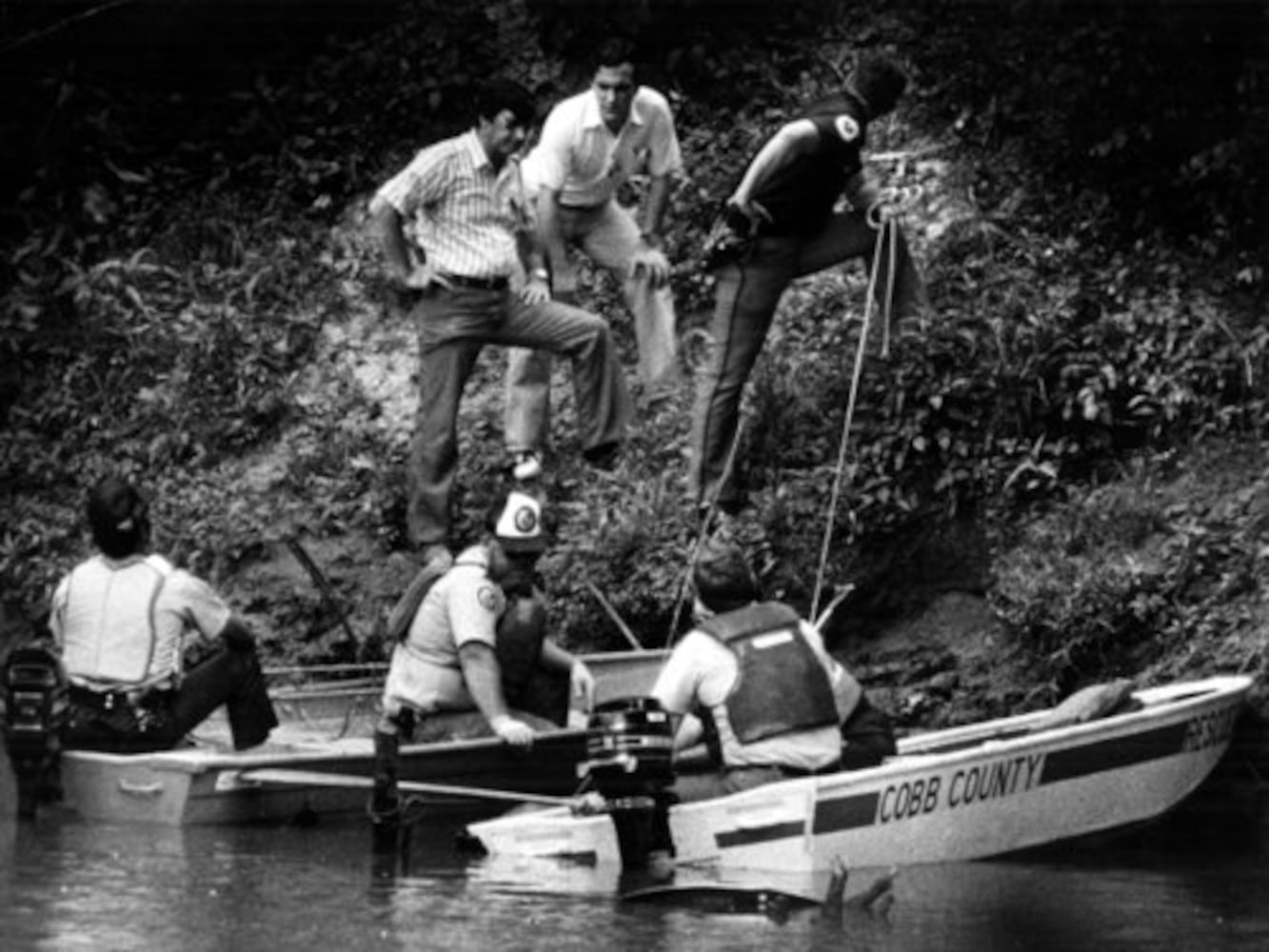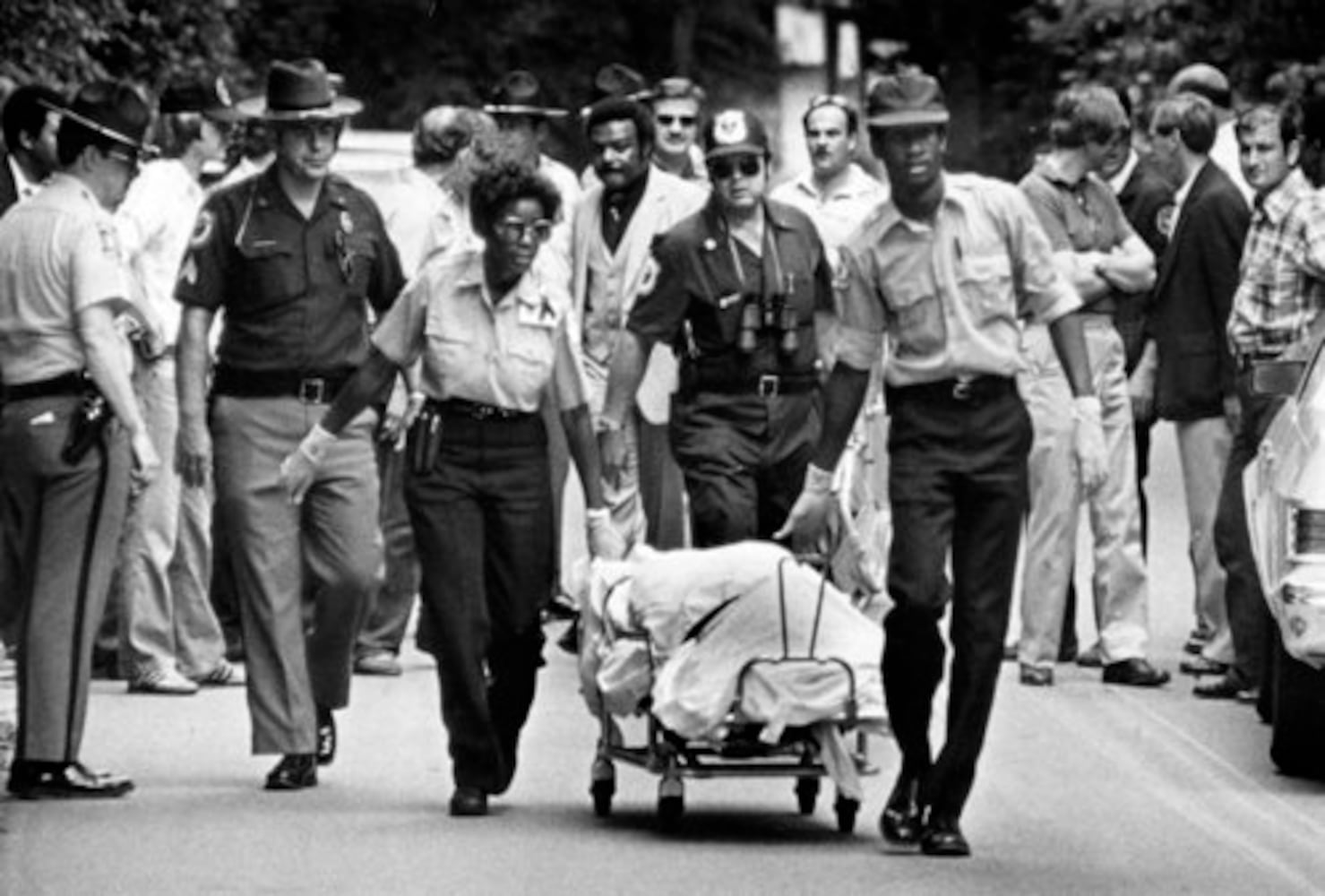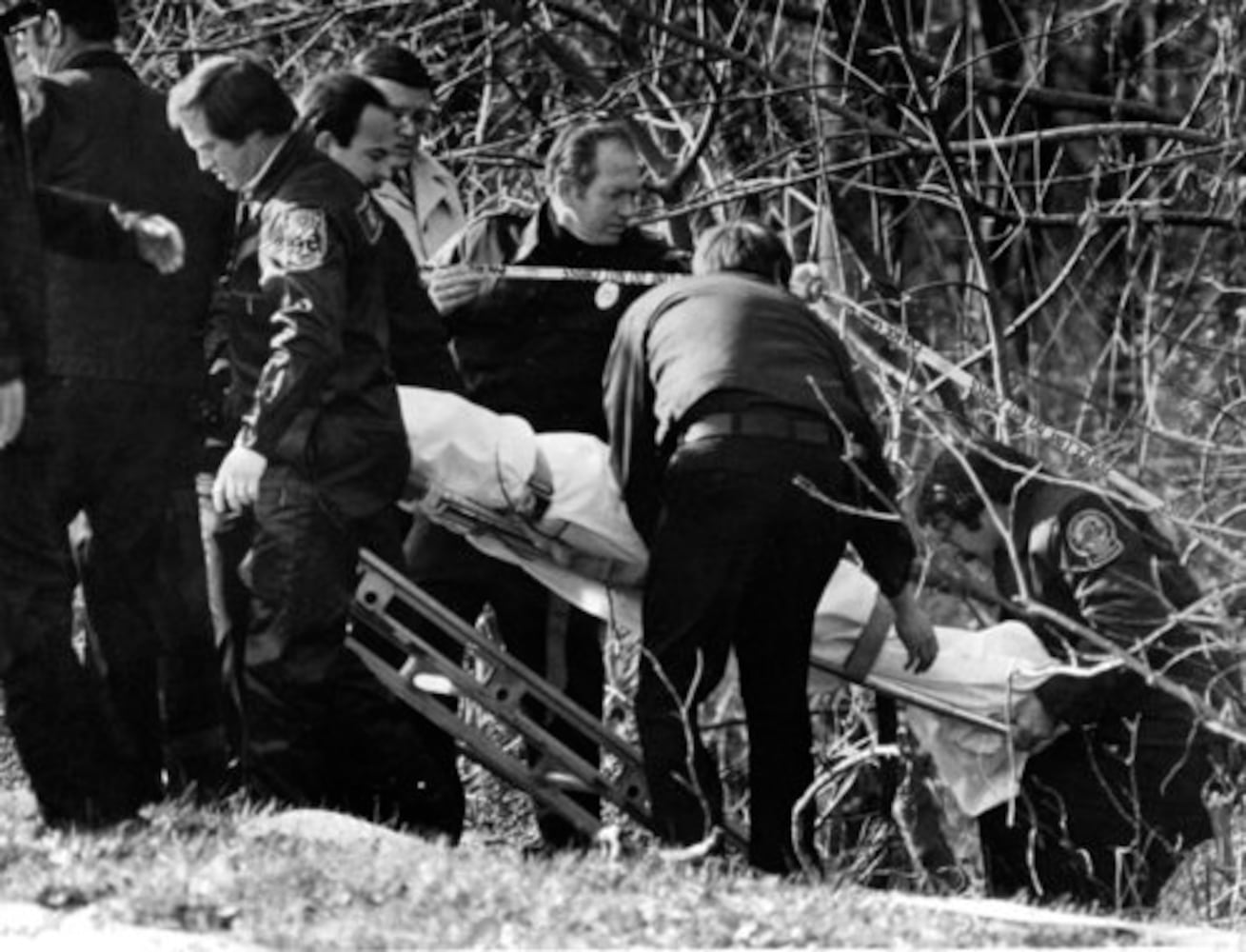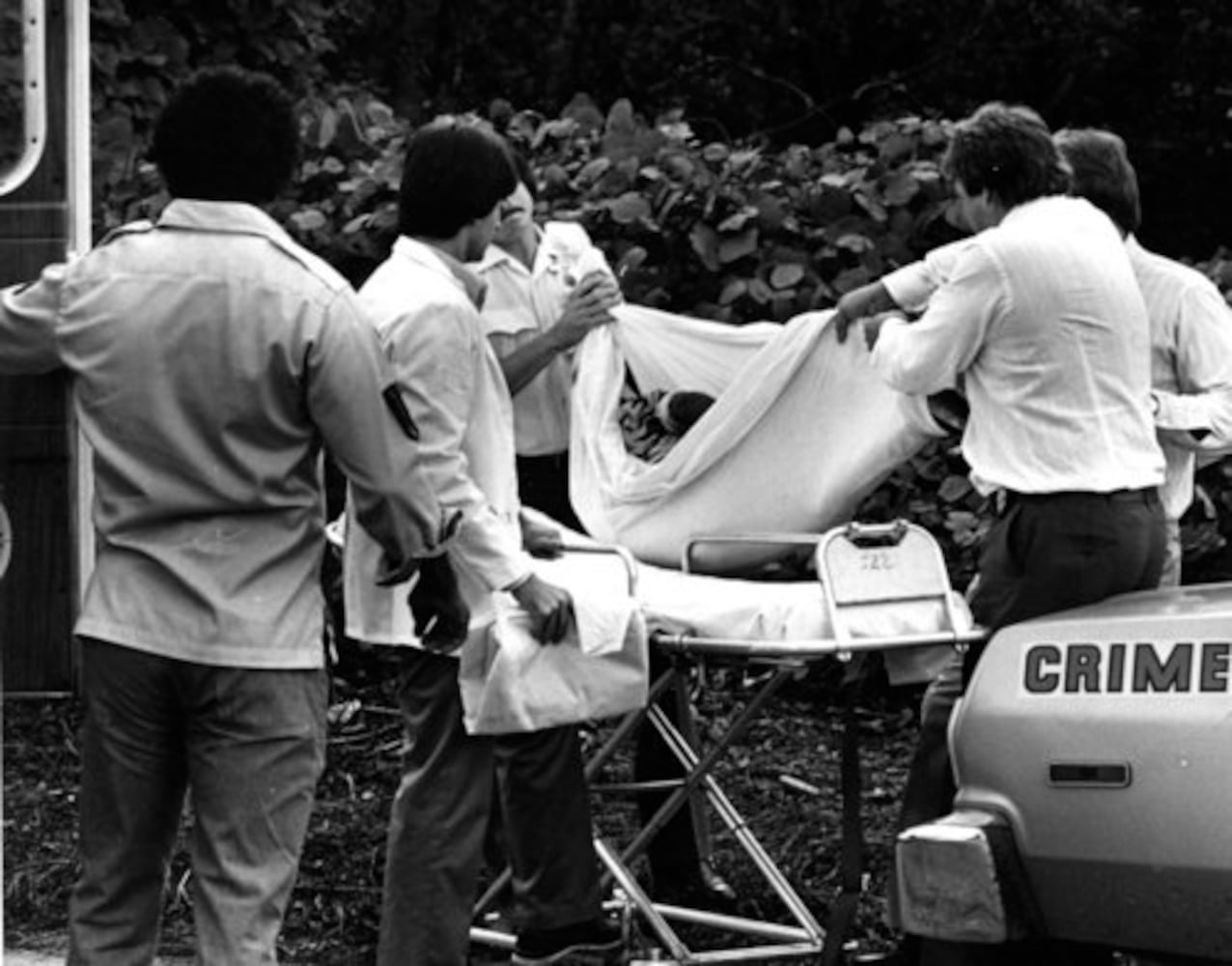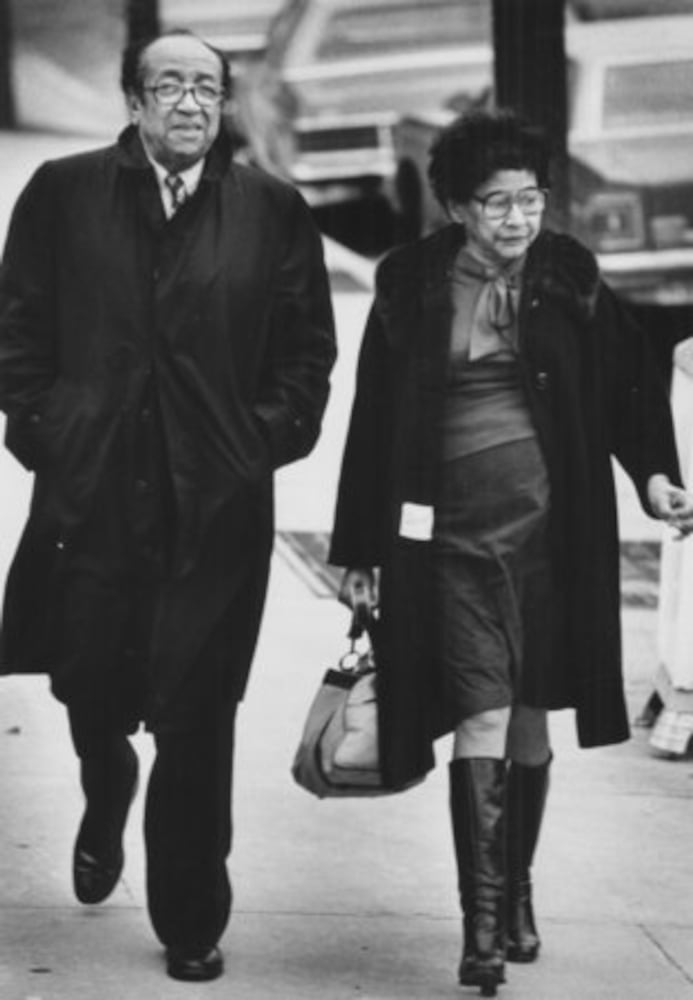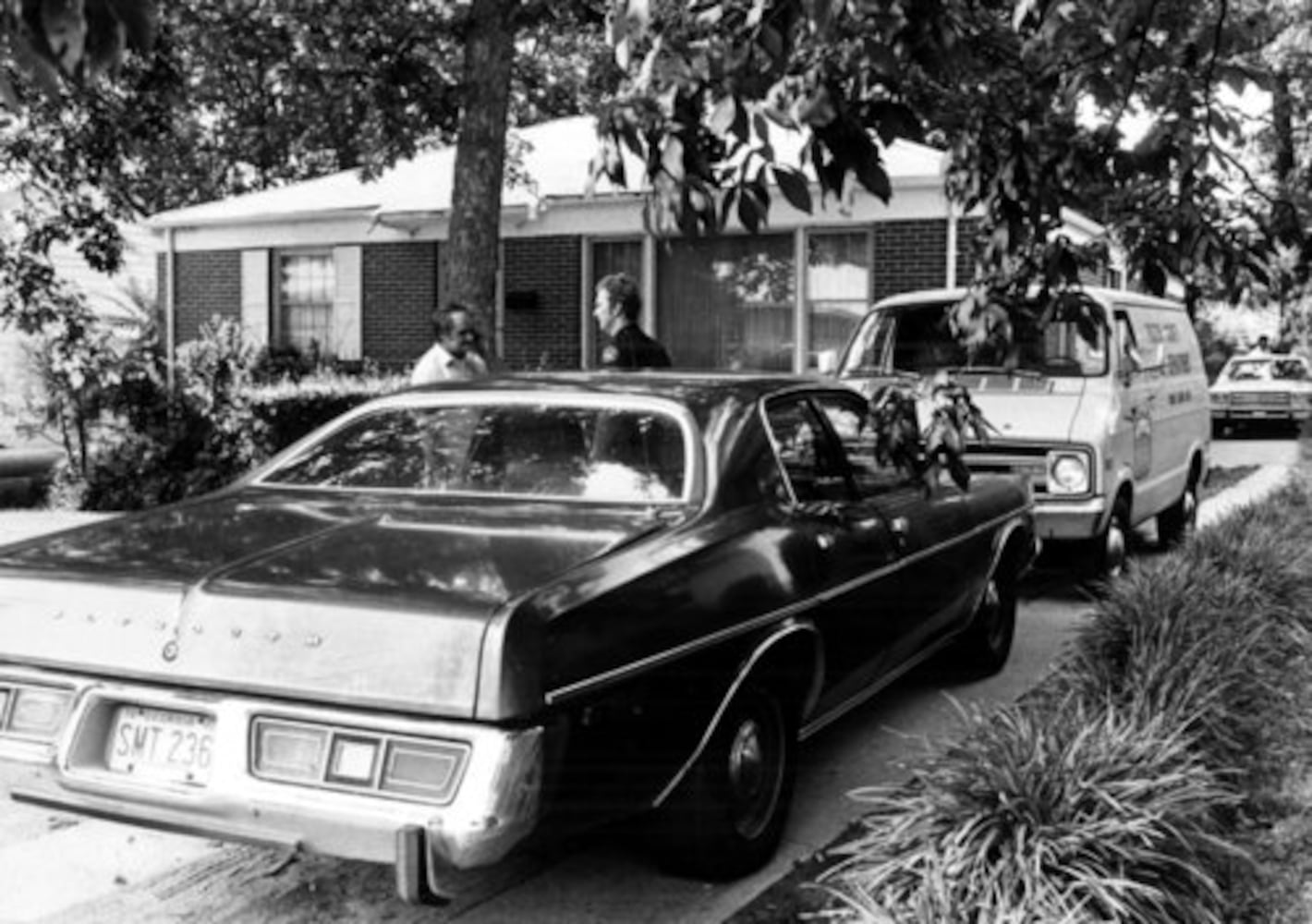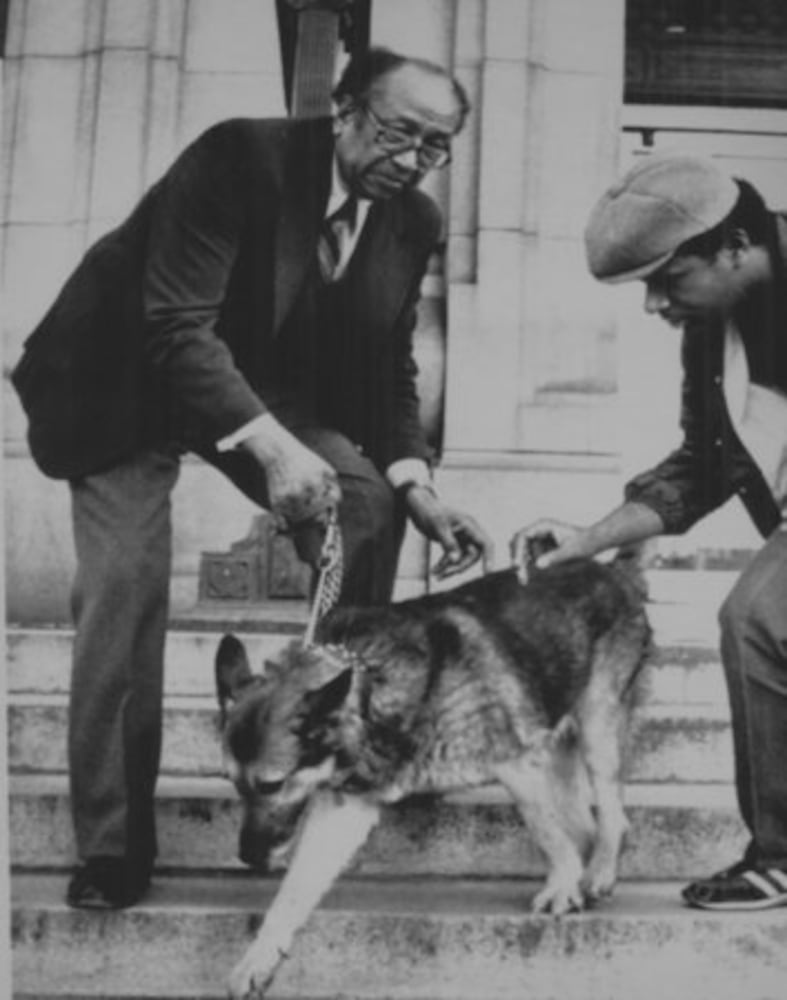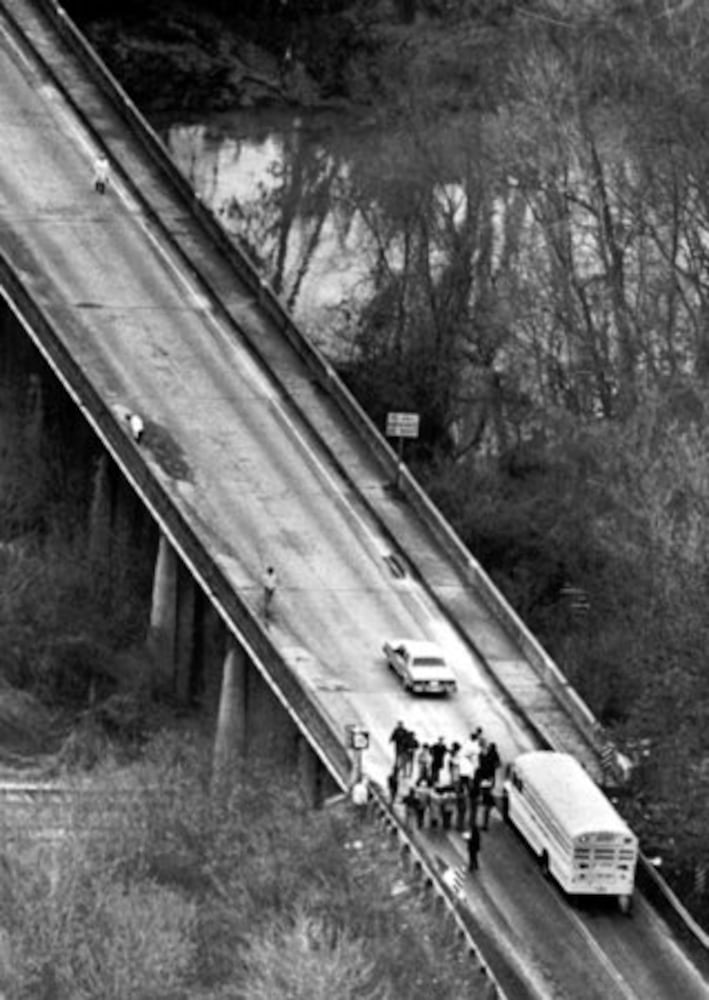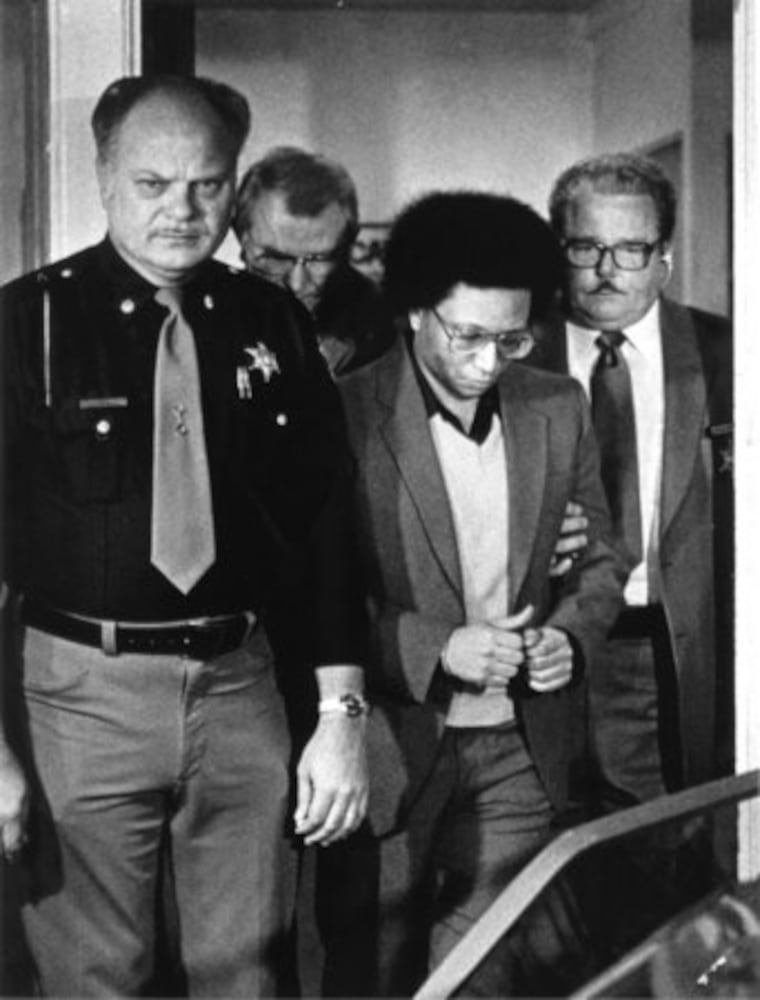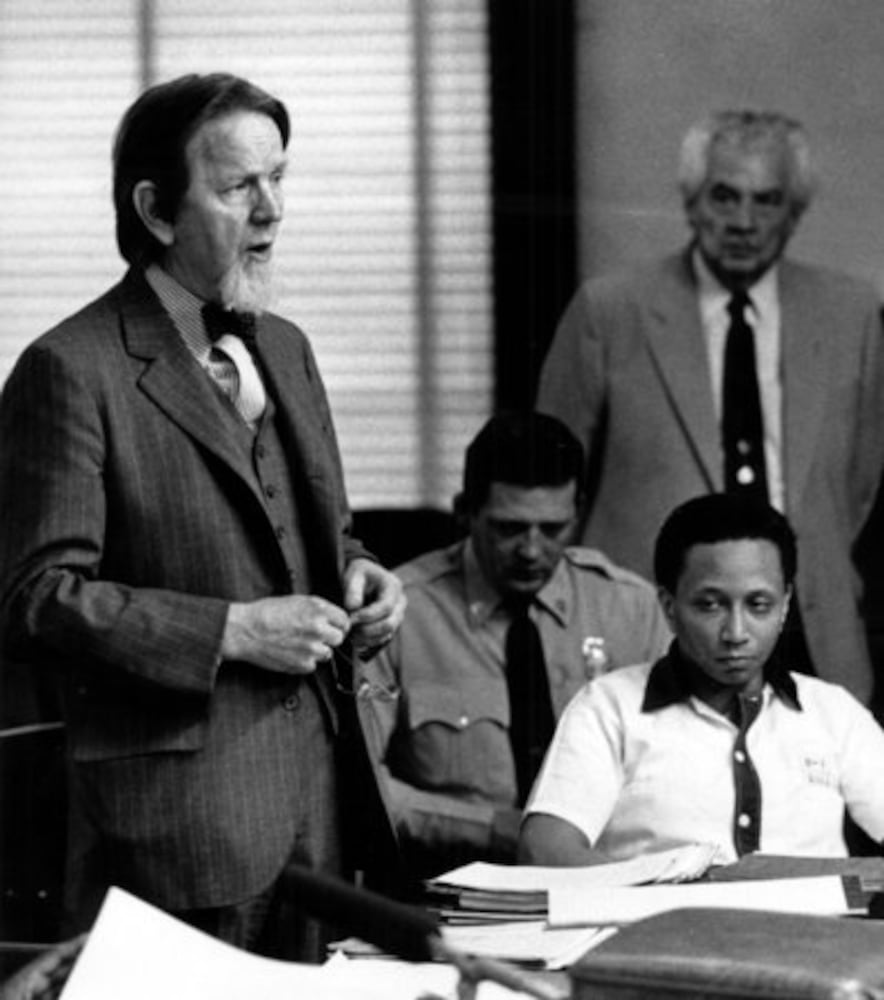Atlanta residents are on edge, fearful of becoming crime victims. Homicides surged 58 percent in 2020 and this year’s rate is also up nearly 60%.
“I’ve never been afraid to get gas or go to the grocery store before,” Agie Rutkowski, of Buckhead, told the AJC earlier this year. “Now, if it’s dark outside, I don’t go out.”
Those living in and around the metro area during the Atlanta Child Murders felt the same way. From 1979-81, more than 20 young Black children, teens and adults — mostly boys — disappeared and were later found dead.
Forty years ago this week, freelance television cameraman and music promoter Wayne Williams was taken into custody and charged with murdering 27-year-old Nathaniel Cater. The killings stopped, but the circumstances leading to Williams’ June 21, 1981, arrest remain one of Atlanta’s most intriguing — and unusual — stories.
DIGITAL EXCLUSIVES: Art exhibit honors victims | Interactive case map | Victim profiles | Case chronology | 1981 Special Report | Complete coverage
The first mention of a Child Murders case came in a July 31, 1979, crime briefs roundup in The Atlanta Constitution. Reporter Gail Epstein wrote “an official of the Fulton County medical examiner’s office said he suspected ‘foul play’ in the deaths of two boys whose bodies were found about 160 yards apart in southwest Atlanta.”
The bodies were later identified as the first Child Murders victims, Edward Smith and Alfred Evans.
Next, a Nov. 9 article detailed the discovery of the body of 9-year-old Yusuf Bell at the abandoned Johnson Elementary School in southeast Atlanta. Throughout 1980 and into 1981, the reports of missing, and later murdered, youths continued dominating AJC news fronts.
And nearly two years later, Journal and Constitution reporters introduced readers to the suspect police tried linking to many of the Atlanta Child Murders.
“(Wayne) Williams triggered the Sunday afternoon arrest by leading a police surveillance team which had been watching him for weeks on a high-speed chase through Atlanta Saturday night,” David B. Hilder and Hyde Post reported in the Journal on Monday, June 22, noting the homes of Atlanta Mayor Maynard Jackson and Public Safety Commissioner Lee Brown were on Williams’ chase route.
>> MORE DEJA NEWS: Check out what we’ve covered before (and again)
First questioned the morning of May 22 by authorities staking out the South Cobb Drive bridge over the Chattahoochee and again June 3 at FBI headquarters in Atlanta, Williams didn’t avoid the spotlight during the subsequent two-plus weeks he spent under surveillance.
“Hours after he left FBI agents and polygraph examiners who had kept him awake all night, he held a press conference in his home,” Hilders and Post wrote. “To the reporters who gathered (there), he handed out copies of his resume and said police had told him they considered him a prime suspect in the slaying cases.”
Credit: AJC
Credit: AJC
Williams was later charged with killing Jimmy Ray Payne, 21. In February 1982, Williams was convicted in both cases and sentenced to two consecutive life terms.
City officials largely viewed the guilty verdicts as an end to nearly three years of Atlanta being portrayed in the national spotlight as the stalking grounds of a serial killer instead of the Empire City of the South.
“It has been resolved,” then-City Council President Marvin Arrington told the Journal’s Ron Taylor in 1982. “Now we can get back to being the No. 1 city in the world.”
Tom Hamall, executive director of the Atlanta Chamber of Commerce at the time, saw the Williams verdicts as a starting point, however, instead of an ending.
“Hopefully, our nightmare as a community is over,” he said, “But I hope we will not forget it. I hope we will not forget that we have some responsibility for one another.”
The Child Murders saga is ongoing for the families of the 28 victims whose cases were never resolved. Anthony Terrell, brother of murder victim Earl Terrell, was part of the 2020 HBO docuseries “Atlanta’s Missing and Murdered: the Lost Children.” He’s not satisfied with the reasons why cases, such as his brother’s, were quickly closed.
“You mean nobody has an answer for (the death of all those) kids? We’re not worth it is what you’re telling me,” he said in the series.
Authorities closed the children’s cases after Williams’ murder convictions.
Atlanta police confirmed to the AJC this week that only three cases remain unresolved, those of the only two girls listed among the Child Murders victims, Angel Lenair and Latonya Wilson, and Darron Glass, who remains missing. The other cases are still closed, attributed to Williams, who was never charged in a child’s death.
In March 2019, Atlanta Mayor Keisha Lance Bottoms announced that police and prosecutors would use modern technology to test old case evidence, potentially reopening the child cases.
Former AJC reporter Gary Pomerantz interviewed Williams in June 1991, ten years after his arrest in the Cater homicide.
“All I want is for society to see me for the individual I am and not the creation that was necessary for the state to get a conviction,” Williams told Pomerantz, adding, “I know eventually that I’m gonna get out.”
Currently housed at Telfair State Prison, Williams’ next parole hearing is scheduled for November 2027.
ABOUT DEJA NEWS
In this series, we scour the AJC archives for the most interesting news from days gone by, show you the original front page and update the story.
If you have a story you’d like researched and featured in AJC Deja News, send an email with as much information as you know. Email: malbright@ajc.com. Use the subject line “AJC Deja News.”
CHRONOLOGY: THE ATLANTA CHILD MURDERS
From 1979-81, more than 20 Black children, teens and young adults went missing and were later found dead in and around Atlanta. All closed cases listed were attributed to Wayne Williams by investigators unless otherwise specified below.
1979
Name Date Found Case Status
Edward Smith July 28 Closed
Alfred Evans July 28 Closed
Milton Harvey November Closed
Yusuf Bell Nov. 8 Closed
1980
Angel Lenair March 10 Unresolved
Eric Middlebrooks May 19 Closed
Aaron Wyche June 24 Closed
Anthony Carter July 7 Closed
Clifford Jones Aug. 21 Closed
Charles Stephens Oct. 10 Closed
Latonya Wilson Oct. 18 Unresolved
Aaron Jackson Nov. 2 Closed
Patrick Rogers Dec. 17 Closed
1981
Christopher Richardson Jan. 9 Closed
Earl Terrell Jan. 9 Closed
Terry Pue Jan. 23 Closed
Lubie Geter Feb. 5 Closed
Jefferey Mathis Feb. 13 Closed
Patrick Baltazar Feb. 13 Closed
Curtis Walker March 6 Closed
Timothy Hill March 30 Closed
Eddie Duncan March 31 Closed
Larry Rogers April 9 Closed
John Porter April 12 Closed
Joseph Bell April 19 Closed
Michael McIntosh April 20 Closed
Jimmy Payne April 27 Williams tried, convicted
William Barrett May 12 Closed
Nathaniel Cater May 24 Williams tried, convicted
NOTE: Darron Glass, listed among the Child Murders victims, has been missing since Sept. 14, 1980. His case is unresolved.
Source: AJC print archives; Atlanta Police Department
About the Author
The Latest
Featured

